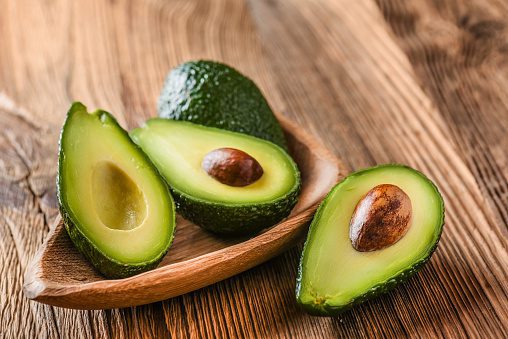When buying meats from supermarkets one can find separate sections stating grass-fed meat and grain-fed meat. Does the kind of feed affect the meat and eggs of chicken? Yes! Just like we are what we eat! To choose one from this section one must first decide the purpose of eating the meat. For instance, if one wants to use the meat for any special cuisine and wants it to be tender and juicy, he/she can go for a grain-fed section. However, someone who wants to have chicken meat only for nutrition intake purposes should opt for grass-fed meat. Let’s get deeper into this topic, to understand how corn feed affects the quality and nutrition level of chicken.
Grass-fed chicken or organic chicken are fed on specifically mentioned organically certified feed. Any kind of animal by-product or fertilizer sprayed grain is strictly prohibited. Also, spraying of pesticide or fertilizer on the grass in their pasture land is not done. Chickens are omnivorous, so they eat away bugs, worms, or insects. Corn-fed chickens are kept on the farm where they are clumped together and have difficulties roaming around freely for food. So, instead, they are given ground wheat or corn. There is not much focus on whether the grains fed are even GMO-free. As a result, the birds’ growth speeds up and they are comparatively fuller than free-range chickens. Here chickens are already less active, and on that what worsens the situation is the extra calories gained from corn-feed. Although the chicken may look big and healthy, it has a deficiency of certain fatty acids, amino acids, vitamins, and minerals, essential for these birds. To fill up this deficiency, extra essential elements are added to their feed so that they can lay eggs of good quality with ease. Despite all these efforts, chickens do not have a good immune system. For customers what matters is how plump the chicken is. So poultry farms give their chicken a specialized diet in winters so that they get fuller in summers.
It very much affects their meat. It is deficient in various elements in comparison to free-range chickens. They are low in omega-3 fatty acids, conjugated linoleic acid, magnesium, calcium, and potassium. Also, the eggs are affected. They do not have a proper balance of Omega 3 to Omega 6 in their eggs. The correct ratio should be 1:2 to 1:4. However, this ratio varies between 1:18 to 1:20, which is way too high, causing various side effects in the long run. Overdose of any kind of grains reduces the omega 3 fatty acid level in them.
Talking about the corns given to these birds, they must have been sprayed with fertilizers or pesticides by their producers some time, which is then given to these poor birds to eat. This indirect intake of toxic chemicals builds up fatty tissues in these chickens. Things don’t end here. Adding on to this, these chickens are also given antibiotics to reduce the chances of infections caused by a shortage of space and mobility. Again this too affects the meat, eggs, and their nutrition level.
This does not mean corn-fed meat and eggs are unhealthy, but yes definitely they aren’t as healthy as the organic or free-range chicken and eggs. Chickens who thrive on corn or soy-based feed are said to be selenium deficient and don’t absorb manganese well. Corn-fed chickens have a distinguished yellow meat color and a unique flavor. The eggs of these chickens do not have nutritional antibiotics. Corn-fed chicken eggs are more of a kind of savory and have a creamier yellow yolk.
Radiance Wholefoods offers a complete range of chicken eggs and raw, fresh meats well labeled for the knowledge and awareness of the customers. Vacuum packs of these meats are available in the store in a hygienic environment and are also delivered all over Bangkok, Thailand. Our delivery partners follow all hygiene norms to ensure that the quality product is delivered to your doorstep.




